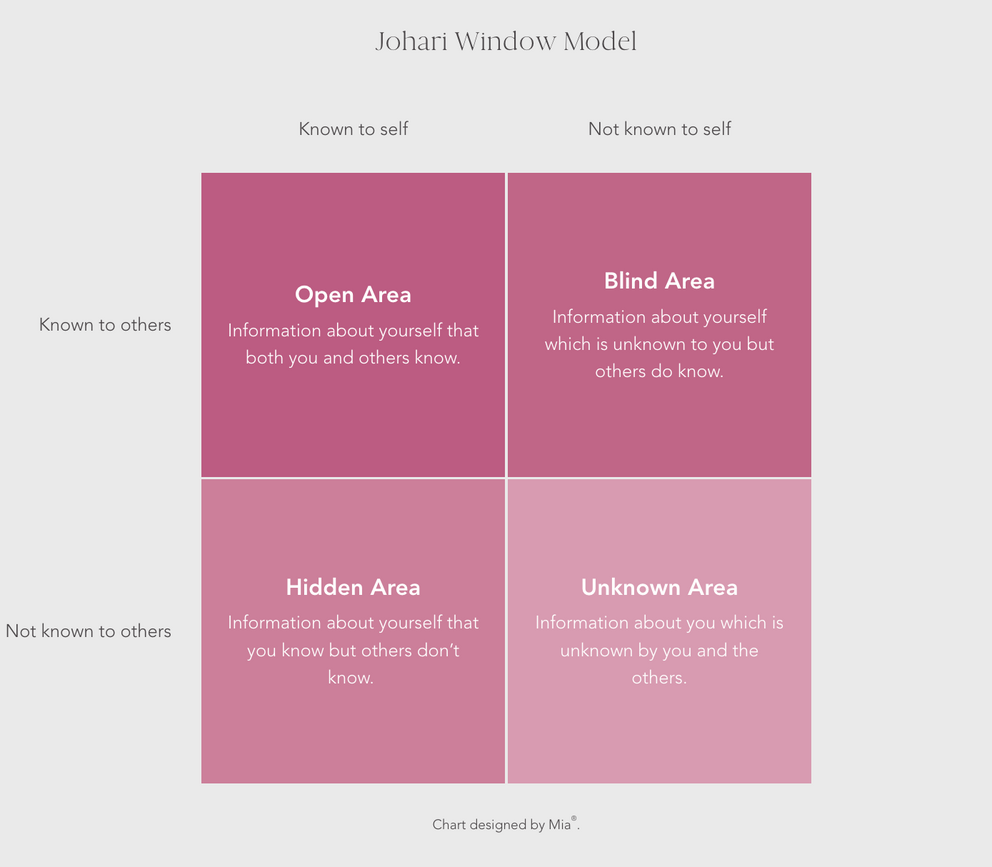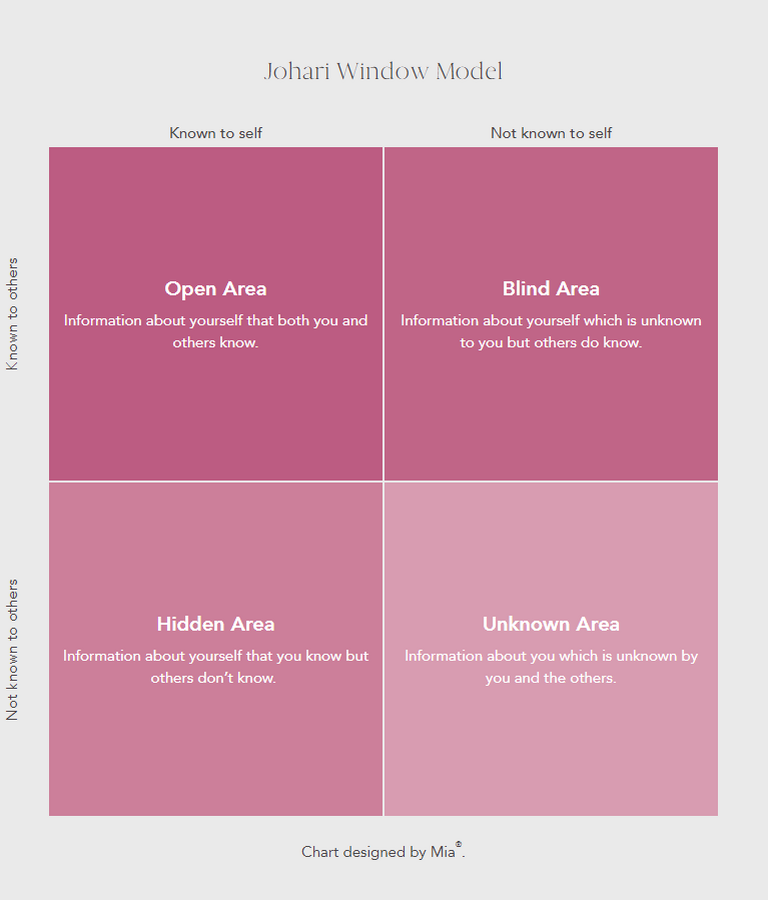How to Stop Being Self-Critical in Front of Your Mirror


As life goes by, mirrors store and keep records of our natural beauty and aging in the different stages of life. They may reveal a glimpse and a state of happiness or our flaws and imperfections. Mirrors can be our best friends or greatest enemies; however, they only reflect a fraction of our true selves. Learning to stop being too critical by unlocking self-acceptance is crucial to acknowledging ourselves and making us feel more light-hearted. Let’s see how!
1. Rediscover your wholeness
How well do you know yourself? This question can be grueling at times since self-awareness is an aptitude that requires everyday practice. Psychologists Shelley Duval and Robert Wicklund1 defined self-awareness as “the ability to focus on yourself and how your actions, thoughts, or emotions do or do not align with your internal standards.” Given this, the exercise of looking into yourself objectively involves both self-awareness and self-perception as fundamental keys for stopping being too hard on yourself.
A fun and inspirational exercise to improve self-awareness is browsing the Johari Window2, a well-known model created by Joseph Luft and Harry Ingham. The window consists of four squares grind in which four aspects of a person’s life must be filled: the open self, the blind self, the hidden self, and the unknown self. This tool helps build a more accurate picture of yourself, allowing you to think outside the box from a broader perspective. It intends to rediscover your wholeness, contemplating not only your own view of yourself but how others see you. Ultimately, you learn to accept yourself and feel more comfortable in your own skin.


2. Embrace self-acceptance
Balance is a profound sense of harmony and the beauty of life; it is a challenge created every day. However, it can only be achieved by identifying our primary concerns and what genuinely affects us3. This is also part of our self-acceptance and self-esteem personal journey. An article from Chopra Global3 states that when becoming aware of improving emotional and mental well-being, it is easier to see failures and imperfections from a growth perspective and not as a defect. “The best way to start cleaning your mirror is to take the time to understand and appreciate yourself from the inside out.” It also suggests some tips to increase well-being with positive affirmations and visualization.
Another way is to step out of your comfort zone and encourage yourself to take risks or celebrate short-term goals. In any case, the key is to stop considering imperfections as obstacles. This is crucial as when you next look at yourself in the mirror; you realize how these flaws may improve. As Chopra suggests, “my mirror has some scratches and a couple of cracks in it, but that doesn’t make my reflection imperfect.”
3. Discover fulfillment as the greatest healing
No matter where you are or how you live, self-realization may be one of the highest healings4. As well as balance, fulfillment is created by yourself every day, so keep pedaling your bike.
According to a study5 by Baumann and Ruch, fulfillment is a “sense of wholeness, fit, and value towards the self, one’s life, and one’s impact.” For many people, self-realization represents a core mission in life. When feeling fulfilled, nothing is impossible as you move through creativity and contentment. Simultaneously, you develop your passion, raising harmony and becoming totally empowered. So, open your mind and stretch yourself for what you really want and deserve.
4. Indulge yourself as much as you can
Practicing kindness to yourself and turning self-criticism into positive reflections can boost self-compassion, making you feel less pressured and more relaxed. As mentioned by Medical News Today6, self-compassion improves resilience in times of adversity, allowing people to face trauma or failure in a much better way.
Some ways to enhance feelings of self-love include pampering yourself or finding some quality time. So how about hiking in nature or bird watching? Just fire your imagination and think of mindfulness activities, yoga, or even hobbies that you have not enjoyed in a long time. Other pastimes like volunteering, taking up a course with more people, or even sleeping better will be highly appreciated by your body and mind. Catherine Price, author of The power of fun: How to feel alive again7, recommends trying new things in which you just literally have fun. She calls it True Fun, which means “the feeling of being fully present and engaged, free from self-criticism and judgment.” She talks about the thrill of losing ourselves in what we’re doing and not caring about the outcome. “It is the bliss that comes from letting go.”
5. Shine in harmony
Having followed some or all of these tips, no matter how long it takes, you will indeed feel much happier, more at peace, and less stressed. Besides, when stranded on the road, do not hesitate to ask for help sharing your thoughts with family or friends. And remember, no matter how symmetric or asymmetric you look in front of the mirror, don’t take yourself too seriously. Just put yourself at ease and make yourself a priority.
References
- Pamela Costakis, M.S.Ed. “How self-aware Am I? 25 October 2022. Article from Mc Cormick Center For Early Childhood Leadership. https://mccormick-assets.floodcdn.com/wp-content/uploads/2021/08/self-awareness-102522-2.pdf
- İnce, Fatma. (2020). Take a Look at Life from This Window: The Johari Window.
- Breanna Pereira, Mind-Body Health, Clean Your Mirror: Looking at Yourself and Accepting Who You See. 12 August 2020. Retrieved from Chopra Global https://chopra.com/
- Breanna Pereira, Mind-Body Health, Clean Your Mirror: Looking at Yourself and Accepting Who You See. 12 August 2020. Retrieved from Chopra Global https://chopra.com/
- Baumann, D., & Ruch, W. (2022). Measuring What Counts in Life: The Development and Initial Validation of the Fulfilled Life Scale (FLS). Frontiers in Psychology, 12, 795931. https://doi.org/10.3389/fpsyg.2021.795931
- Ana Sandoui. Why self-love is important and how to cultivate it. 23 March 2018. Article retrieved from Medical News Today https://www.medicalnewstoday.com/articles/321309
- Catherine Price, The power of fun: How to feel alive again. The Dial Press New York, 2021.



